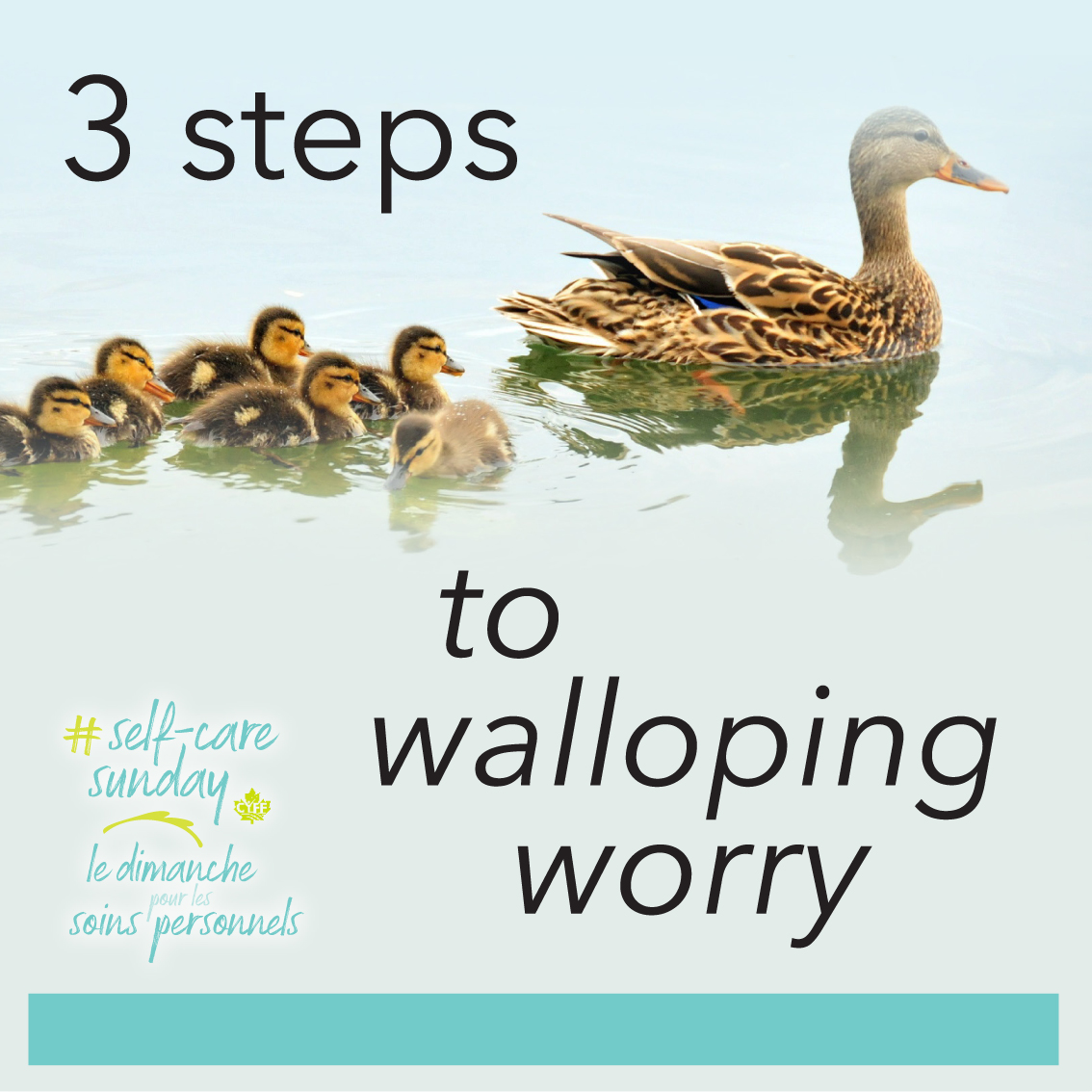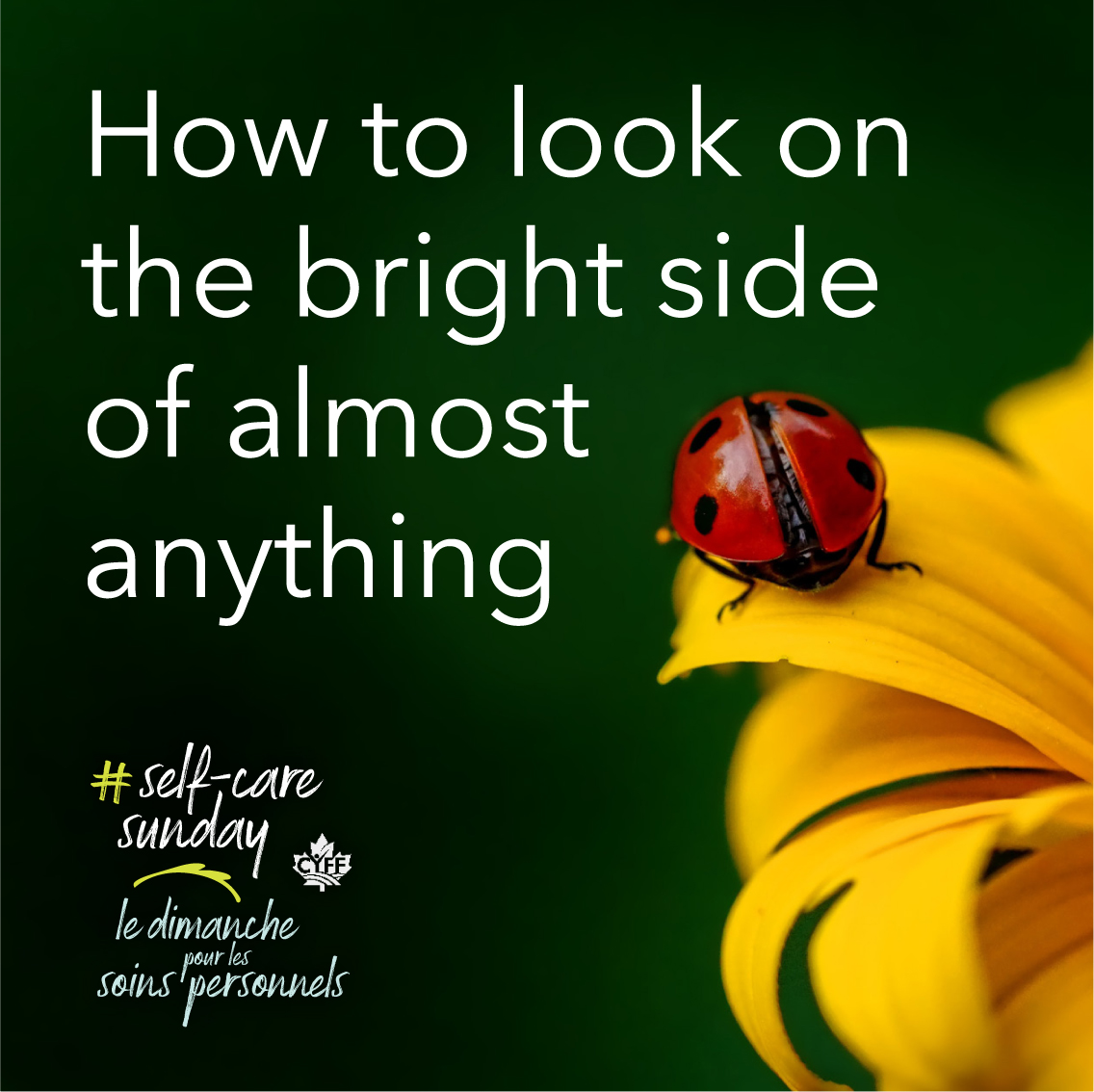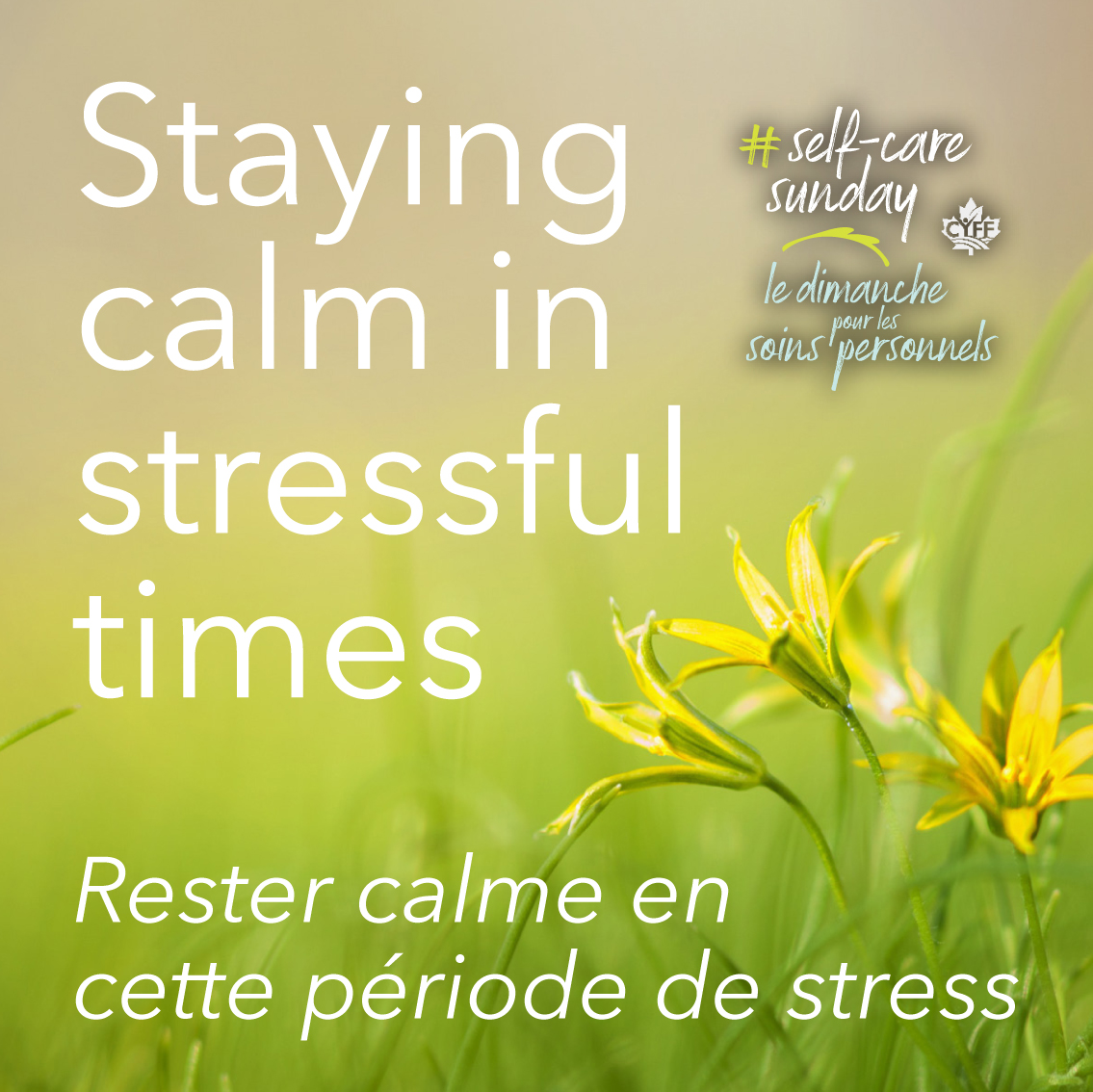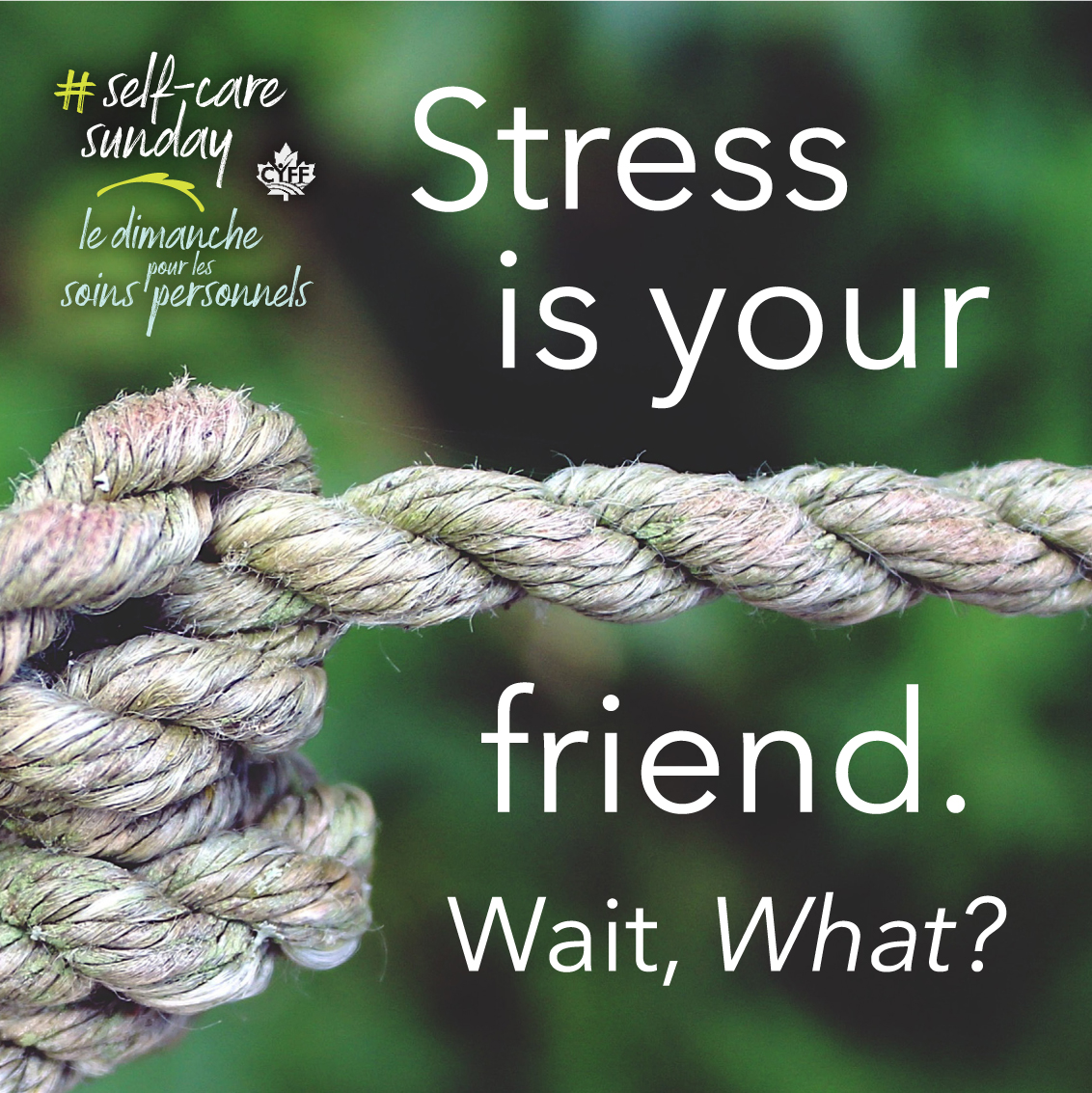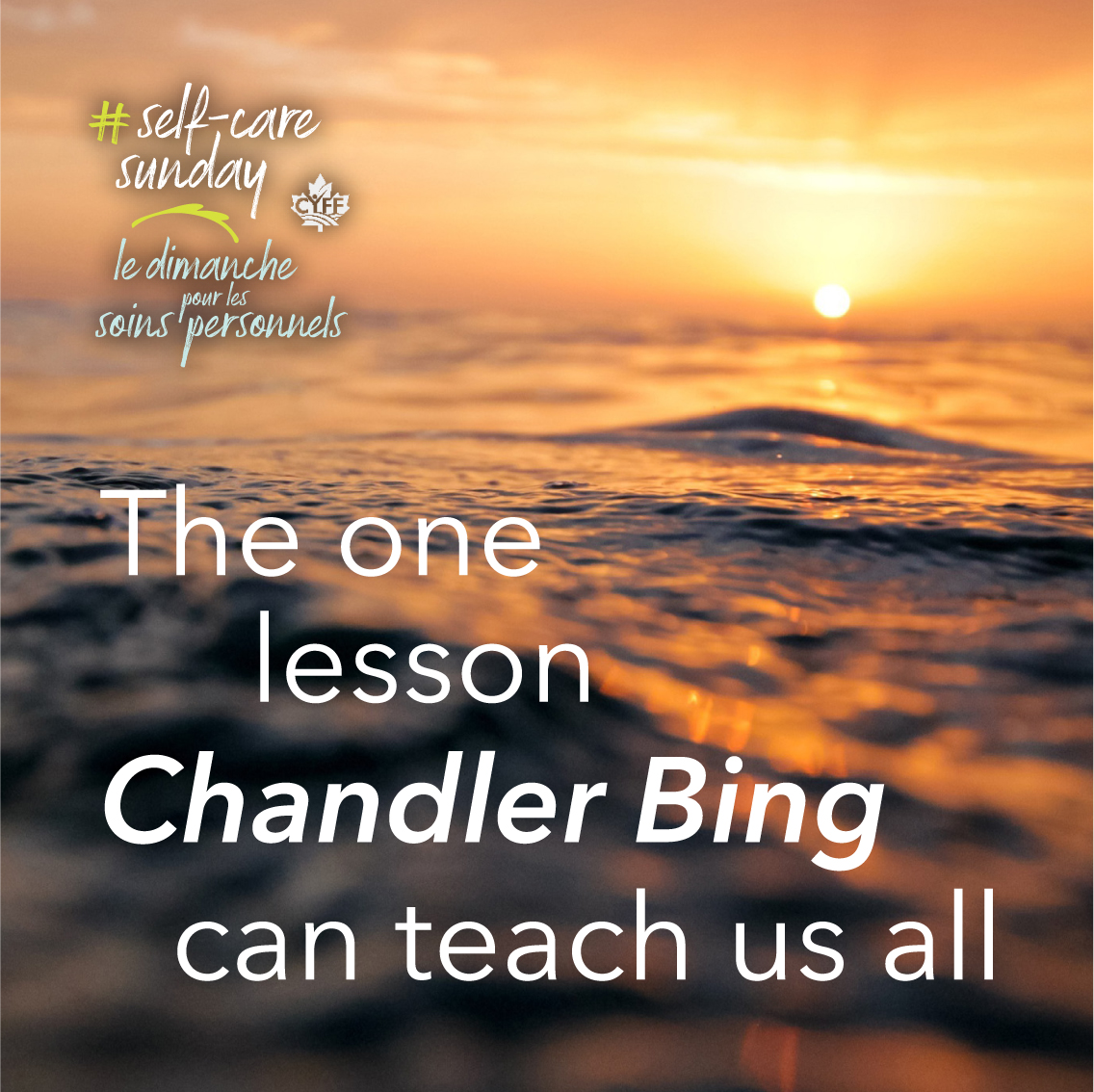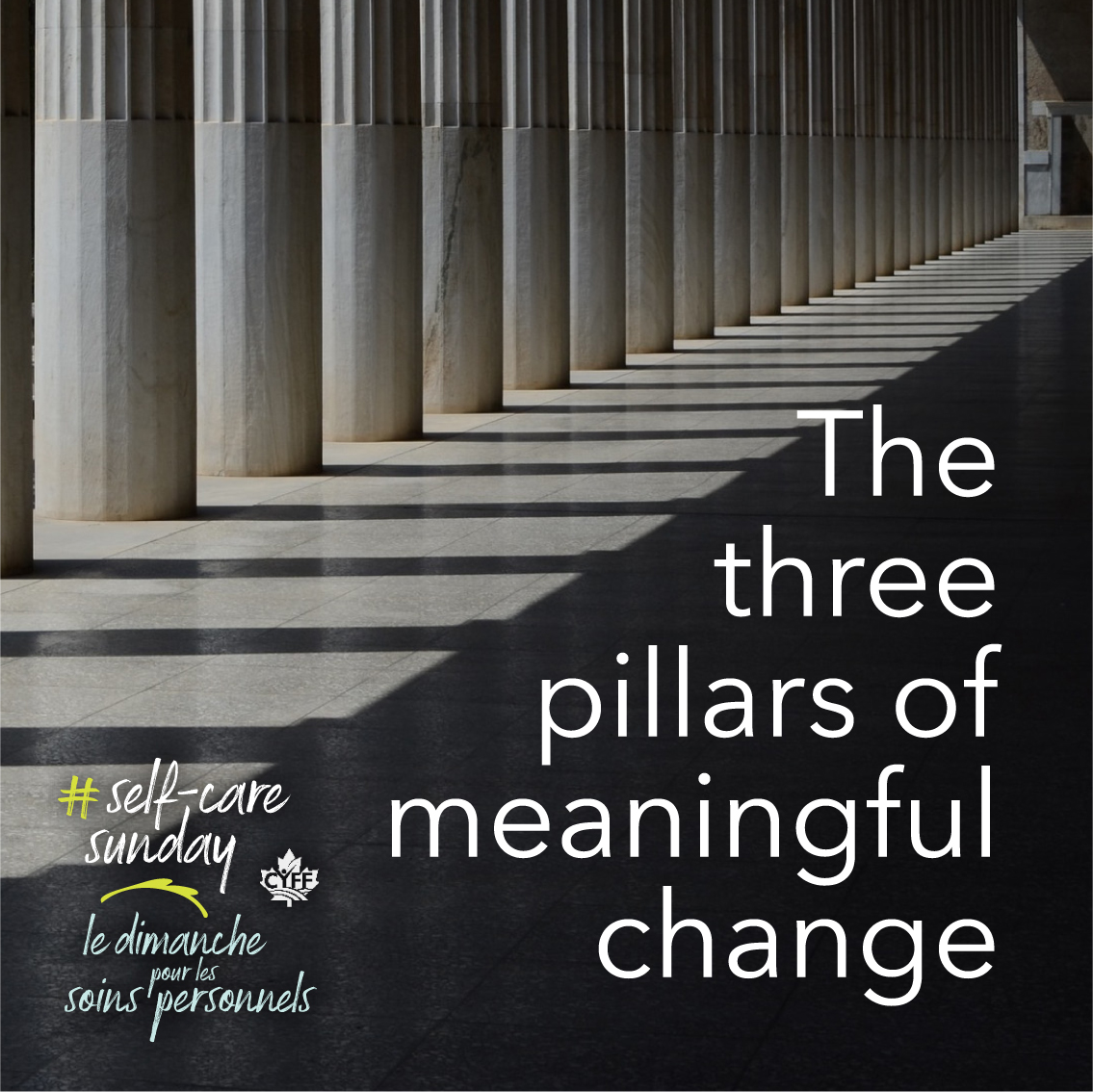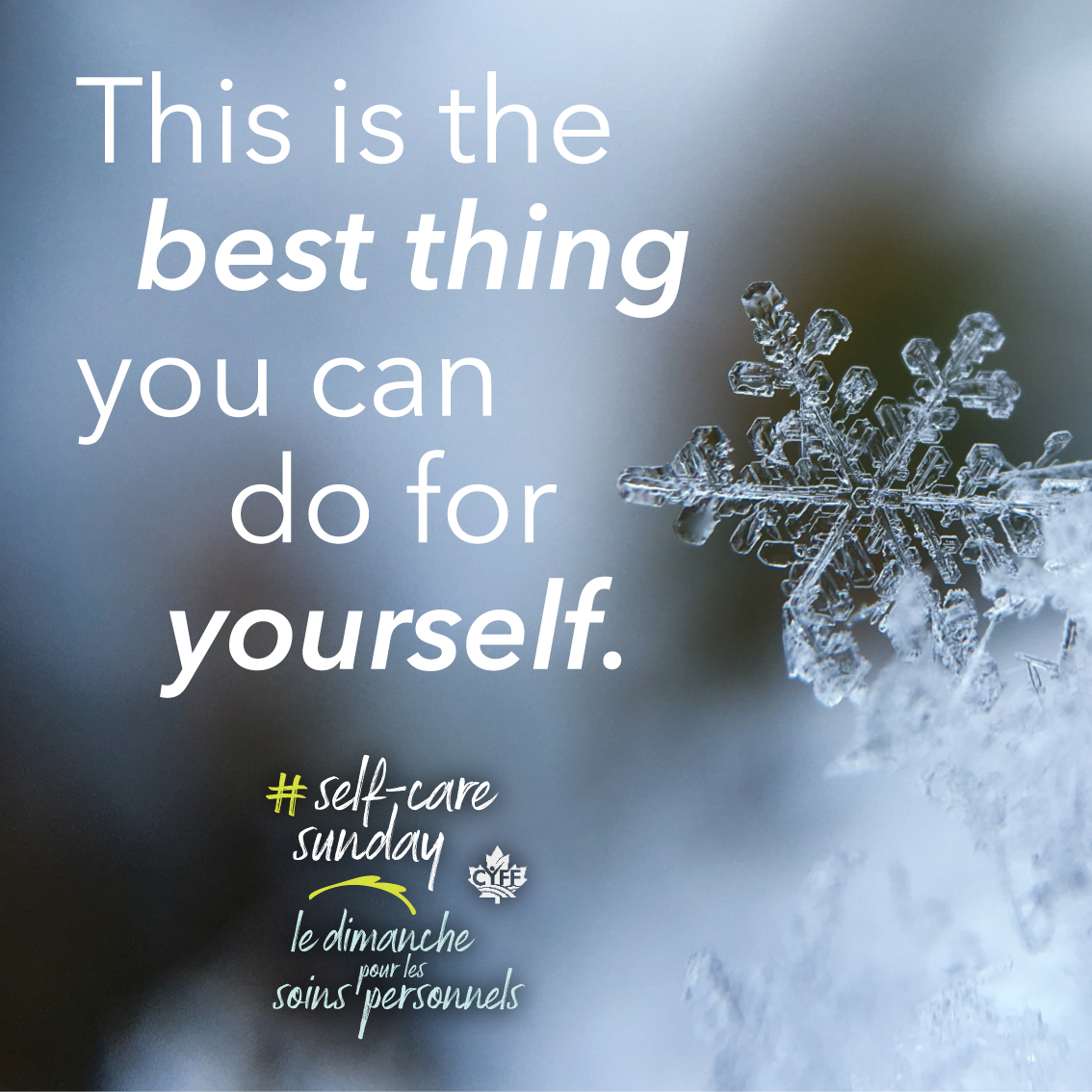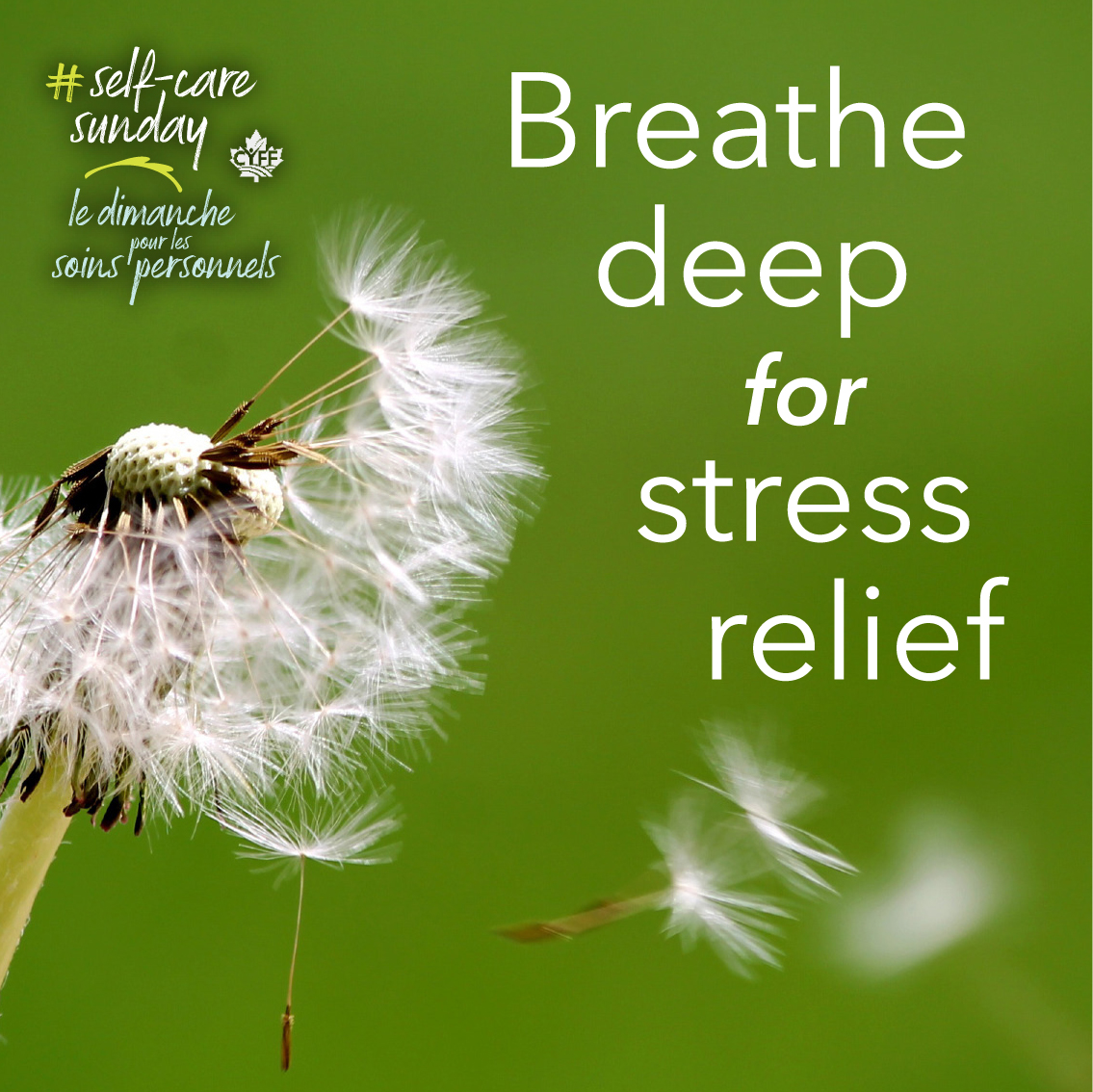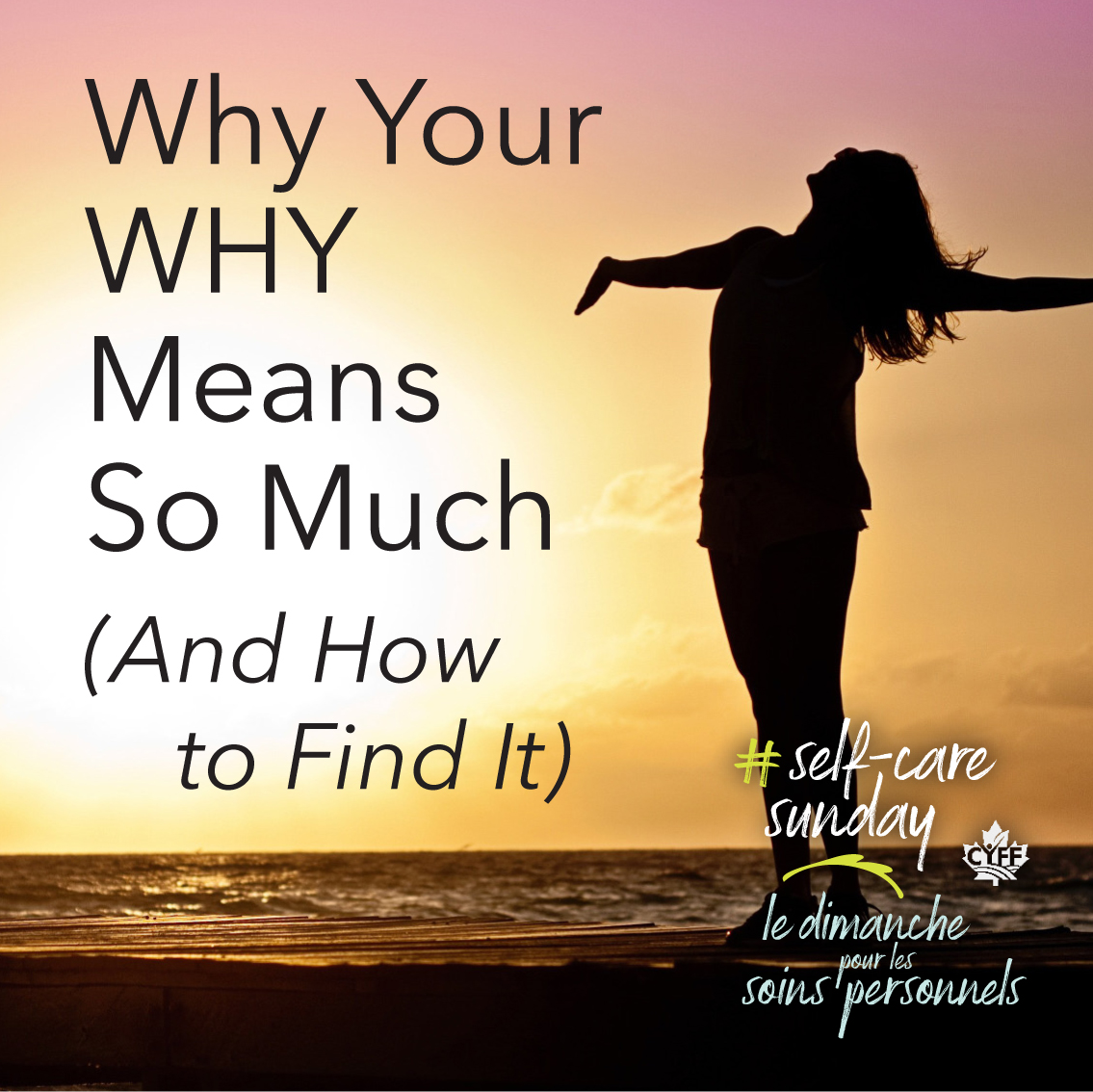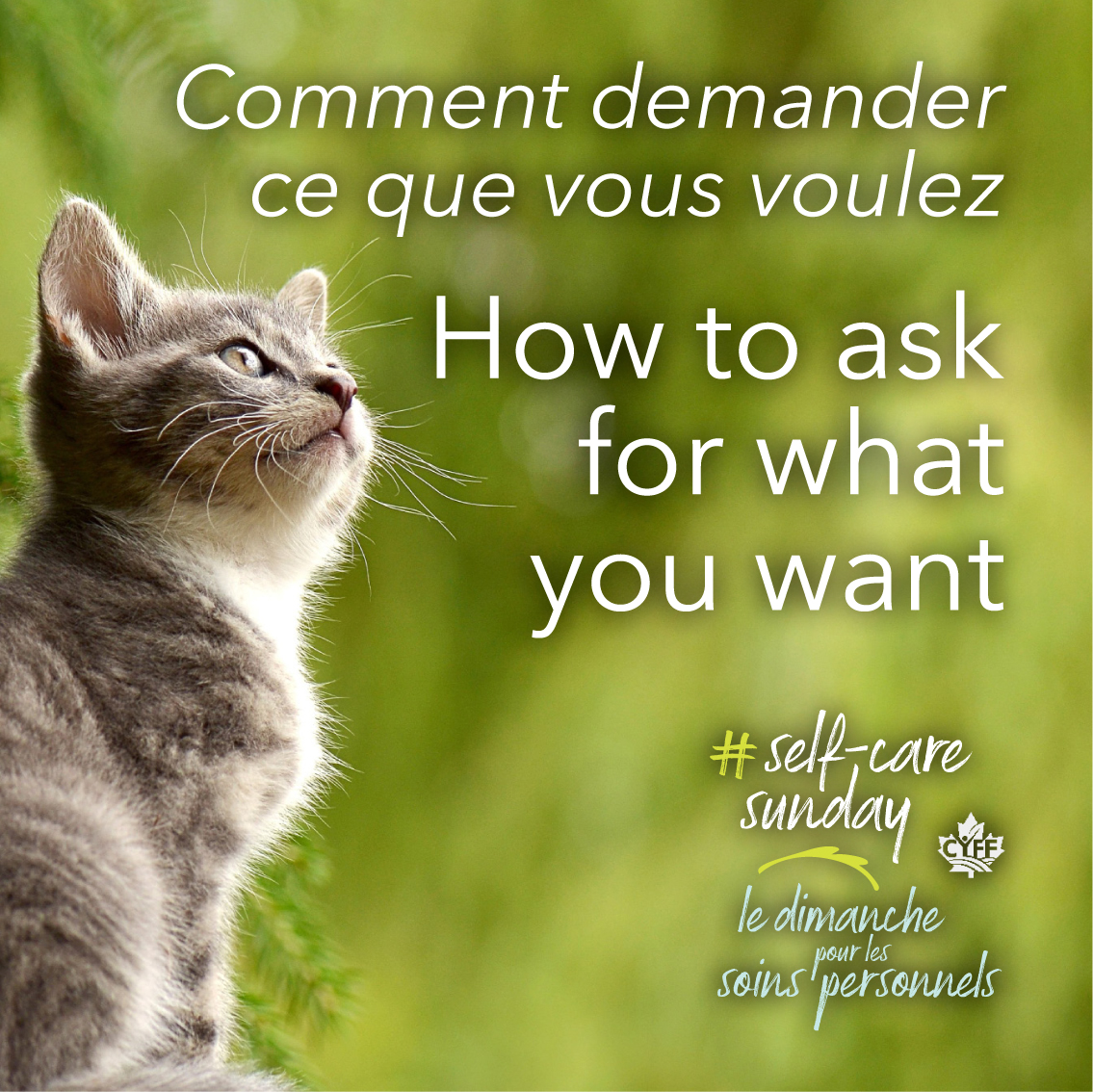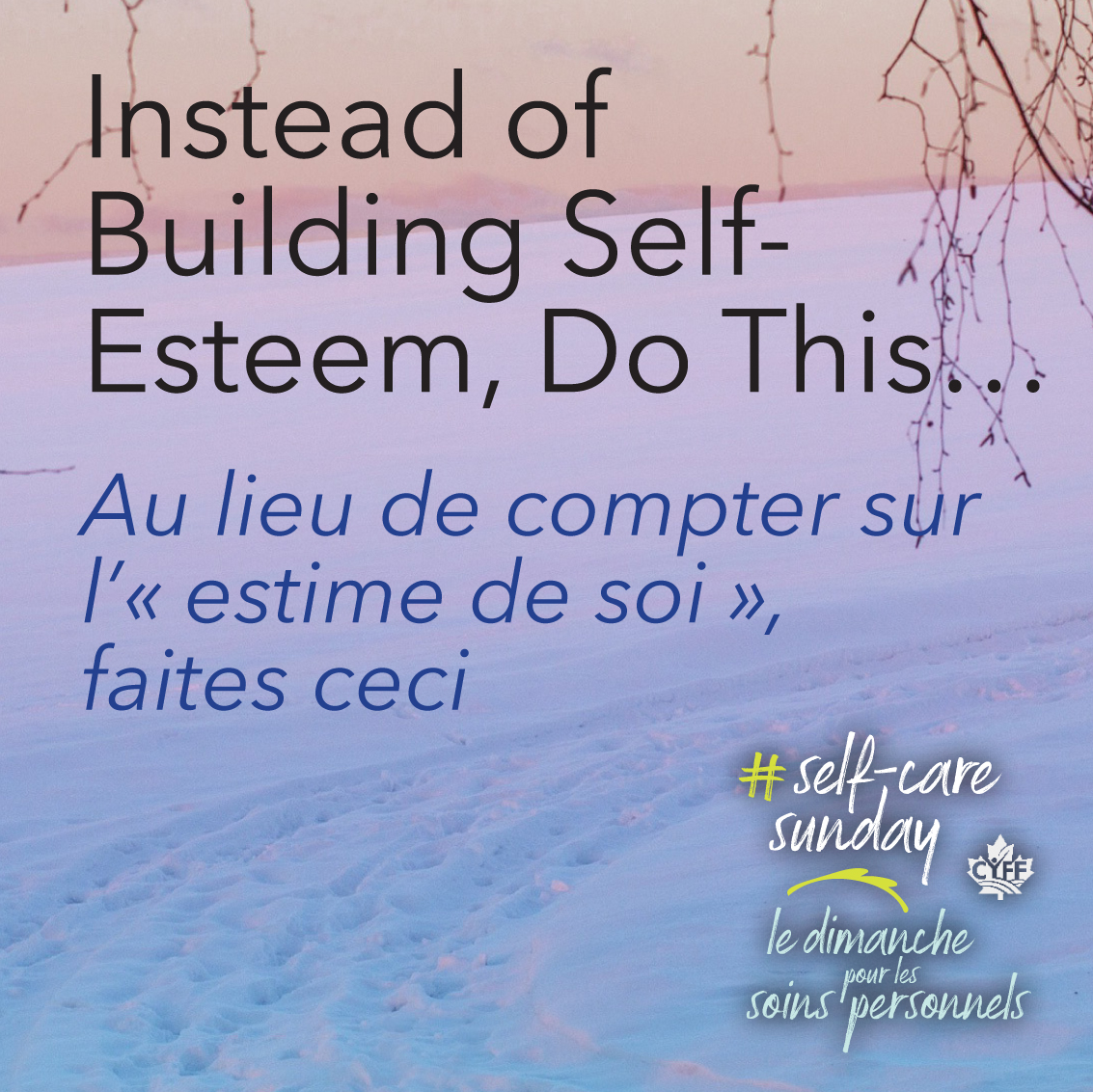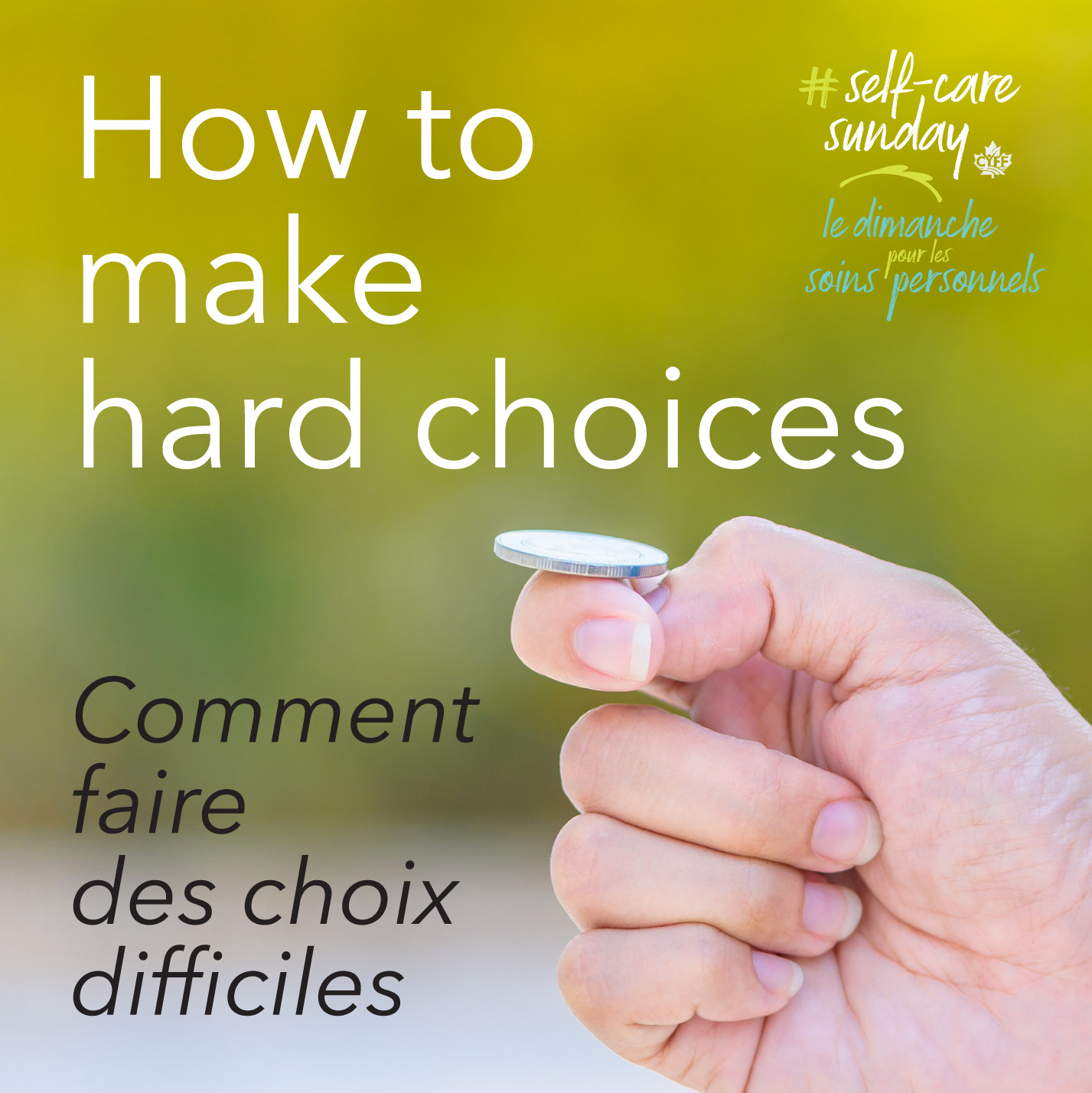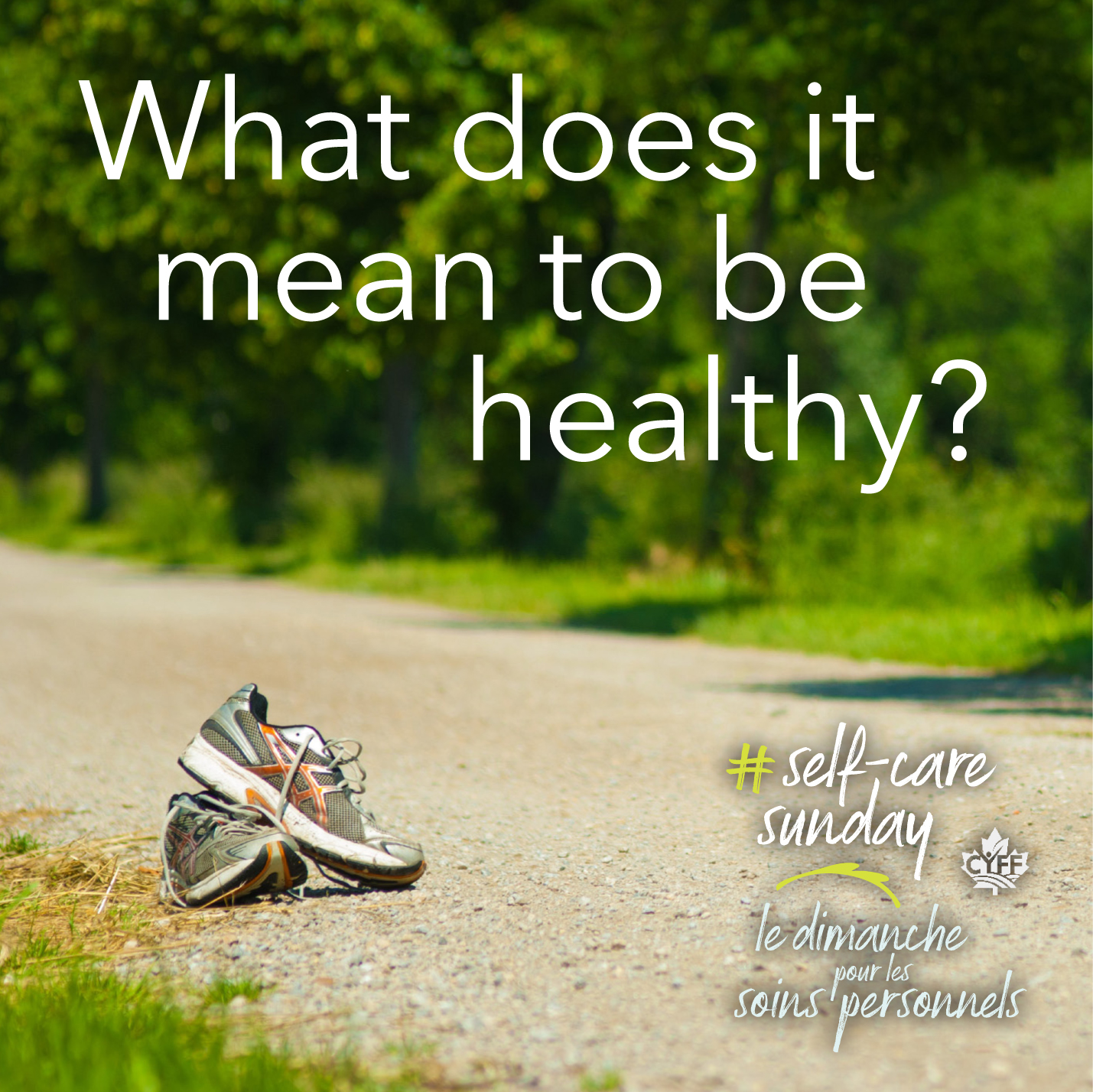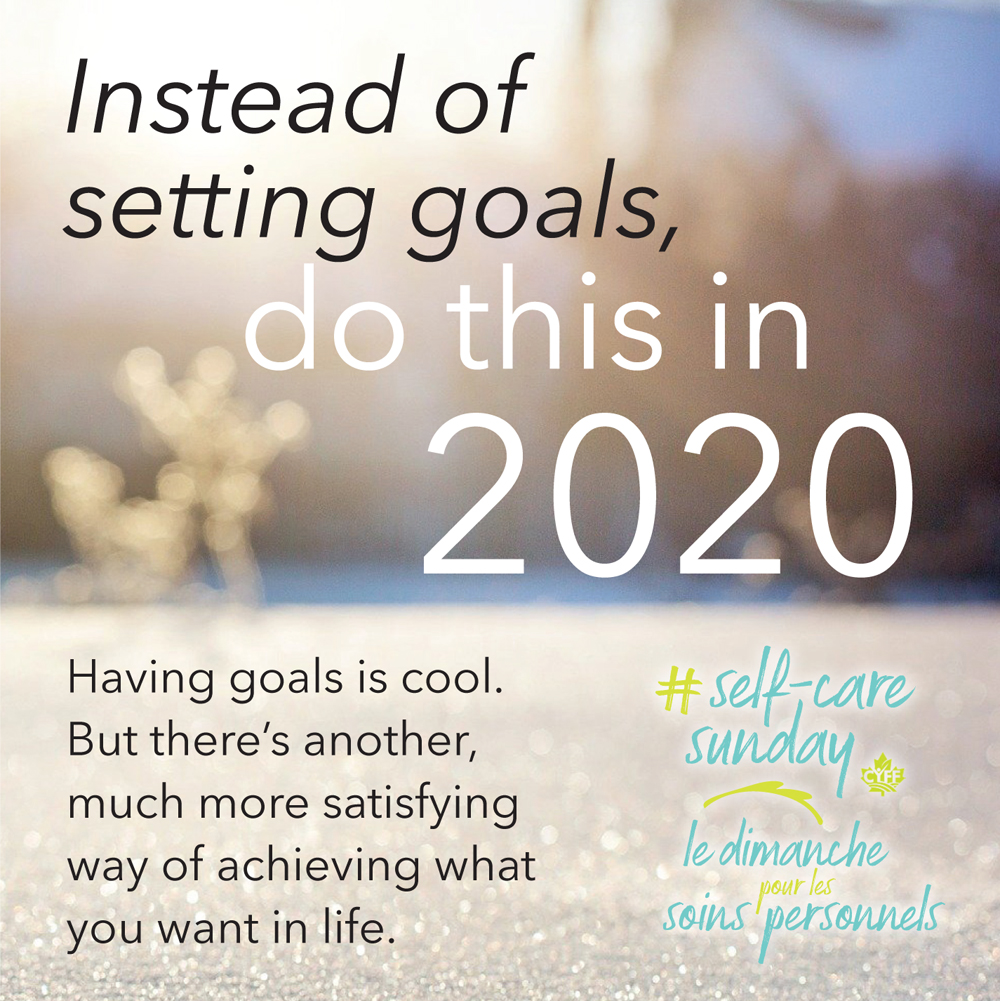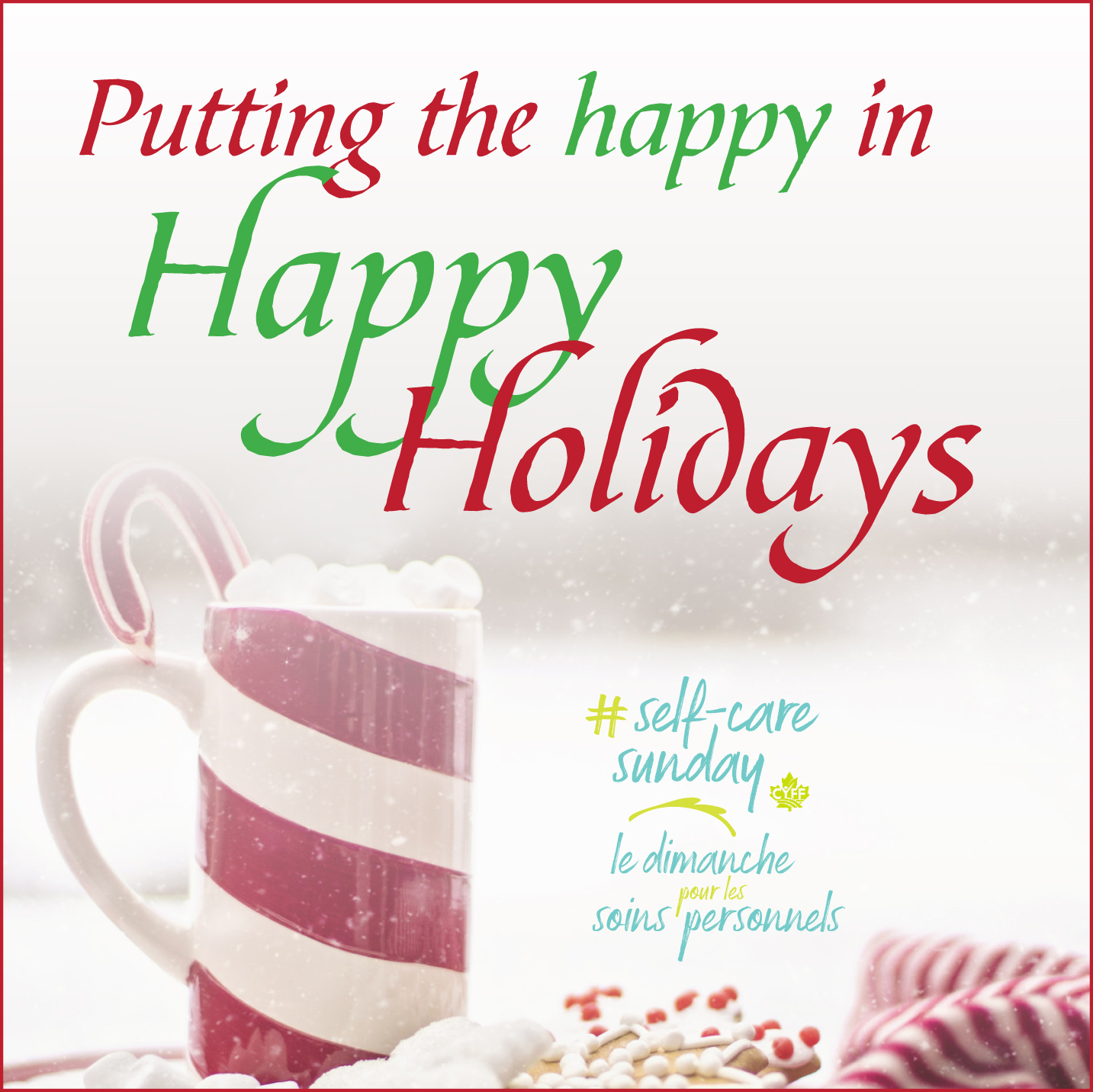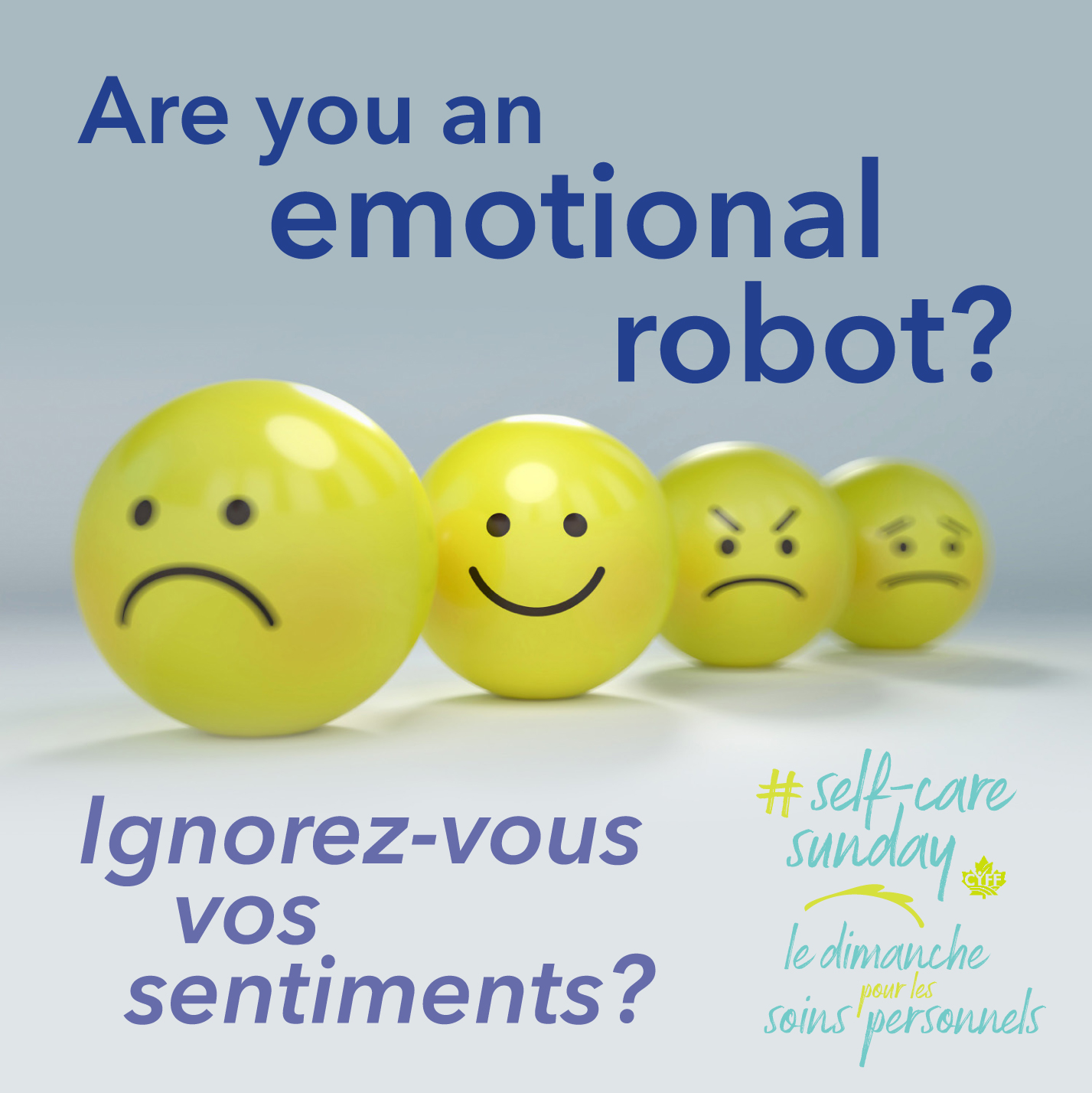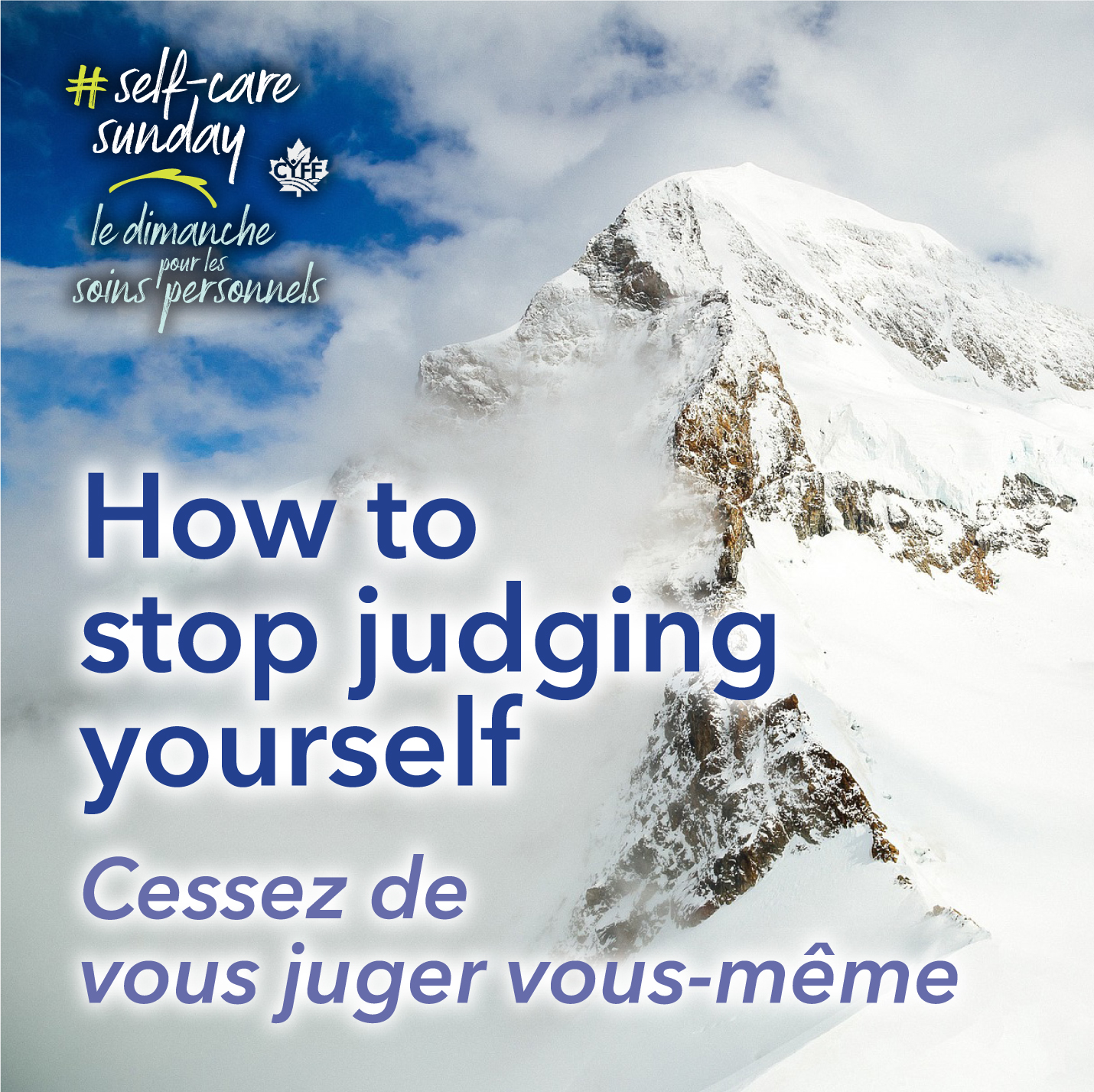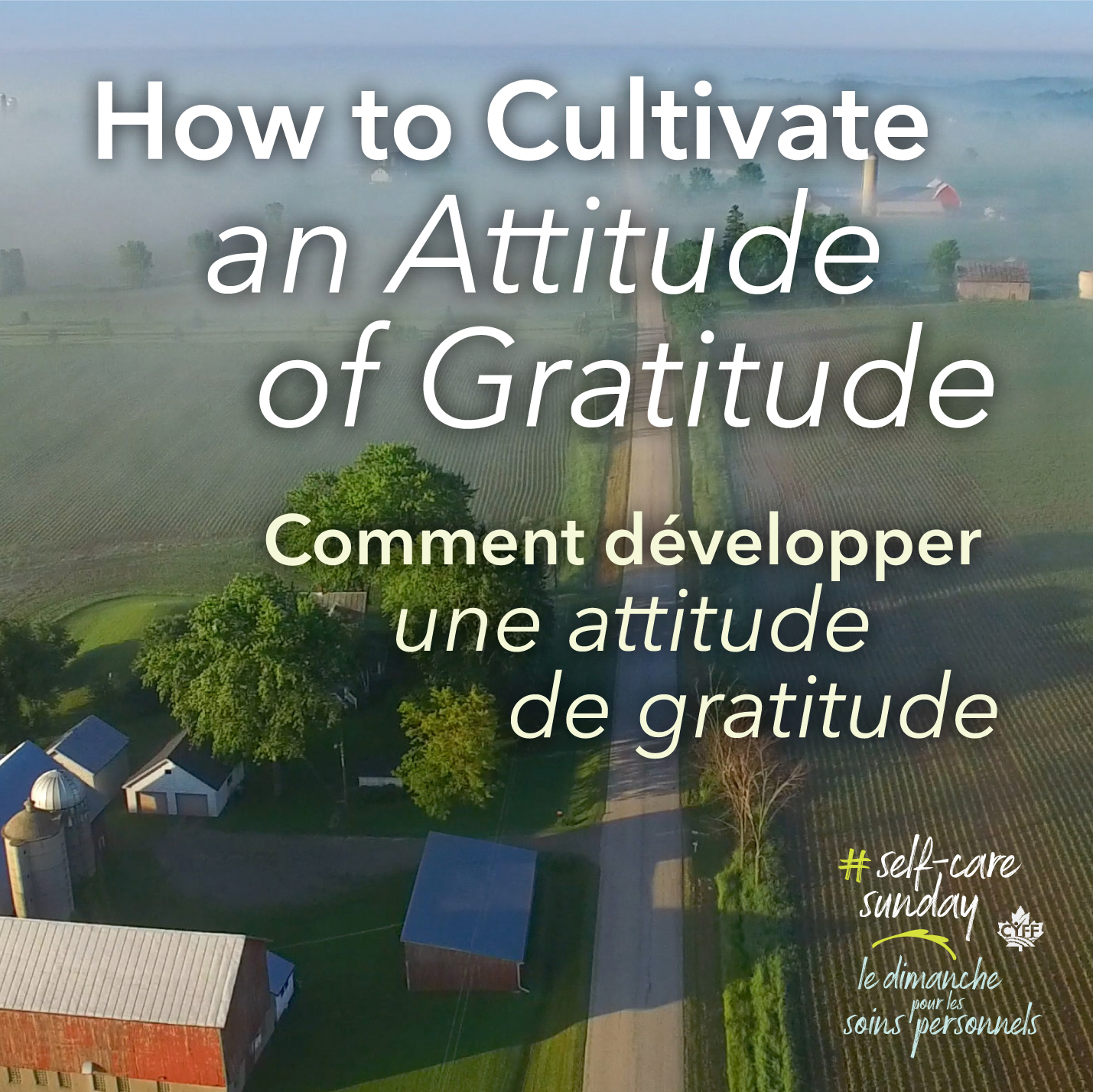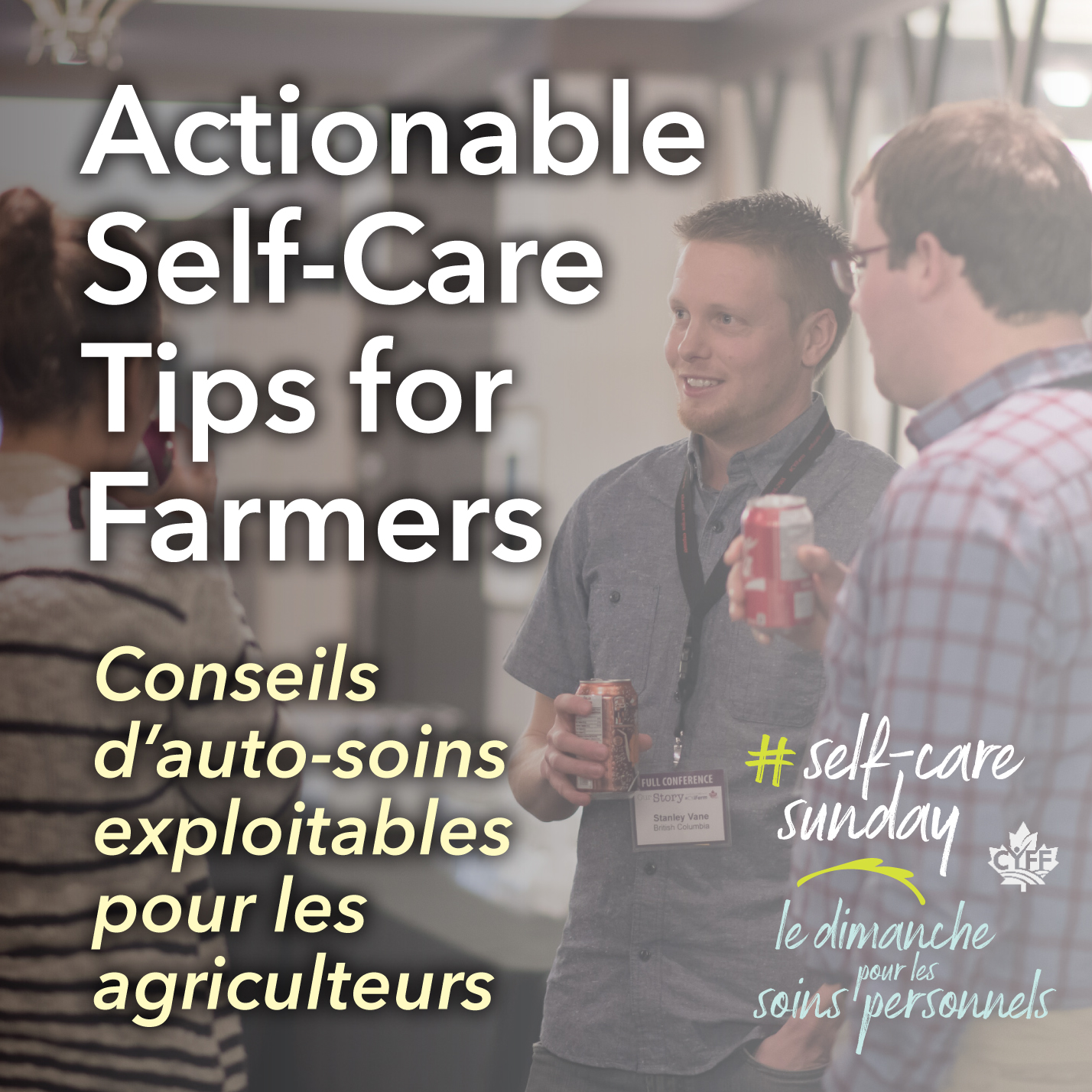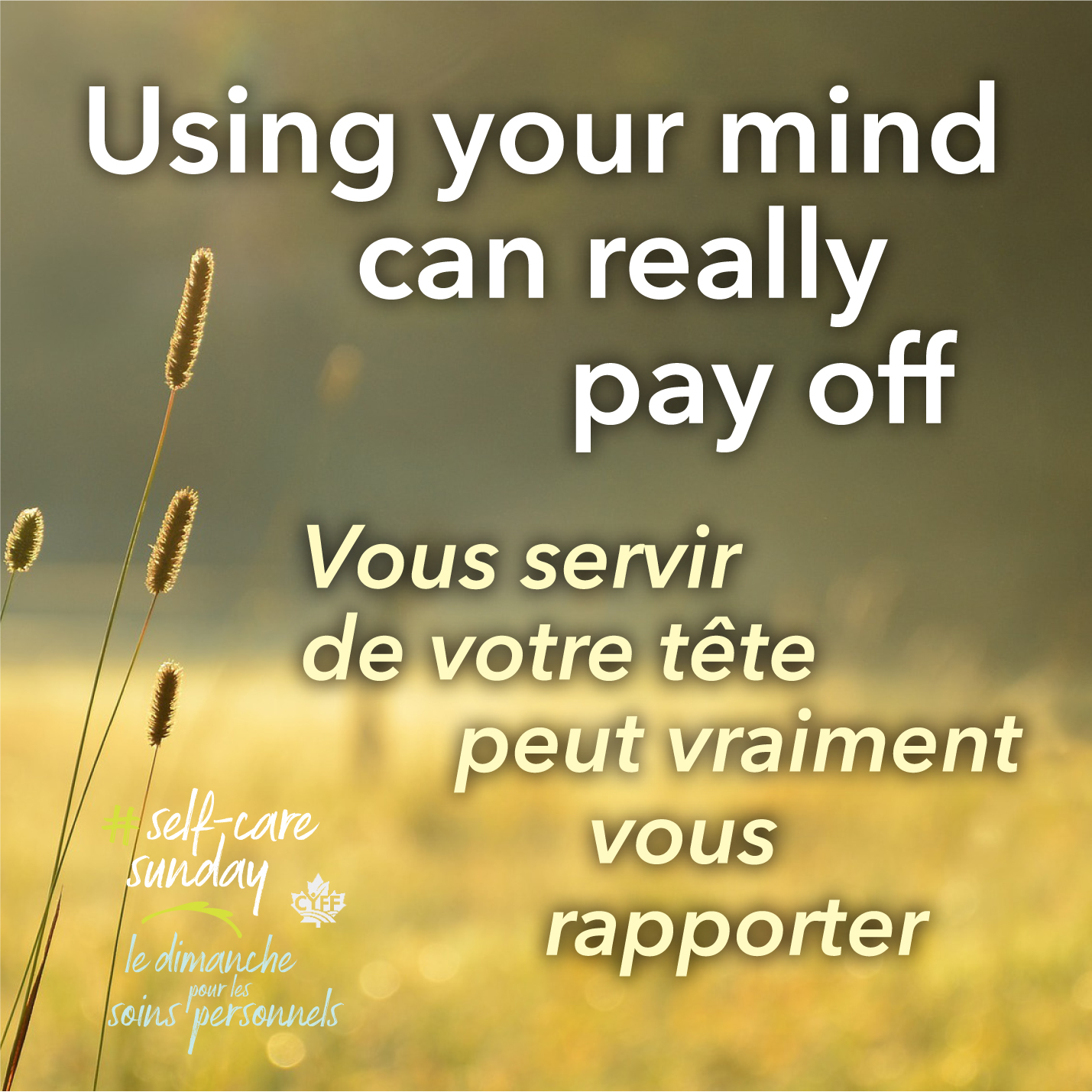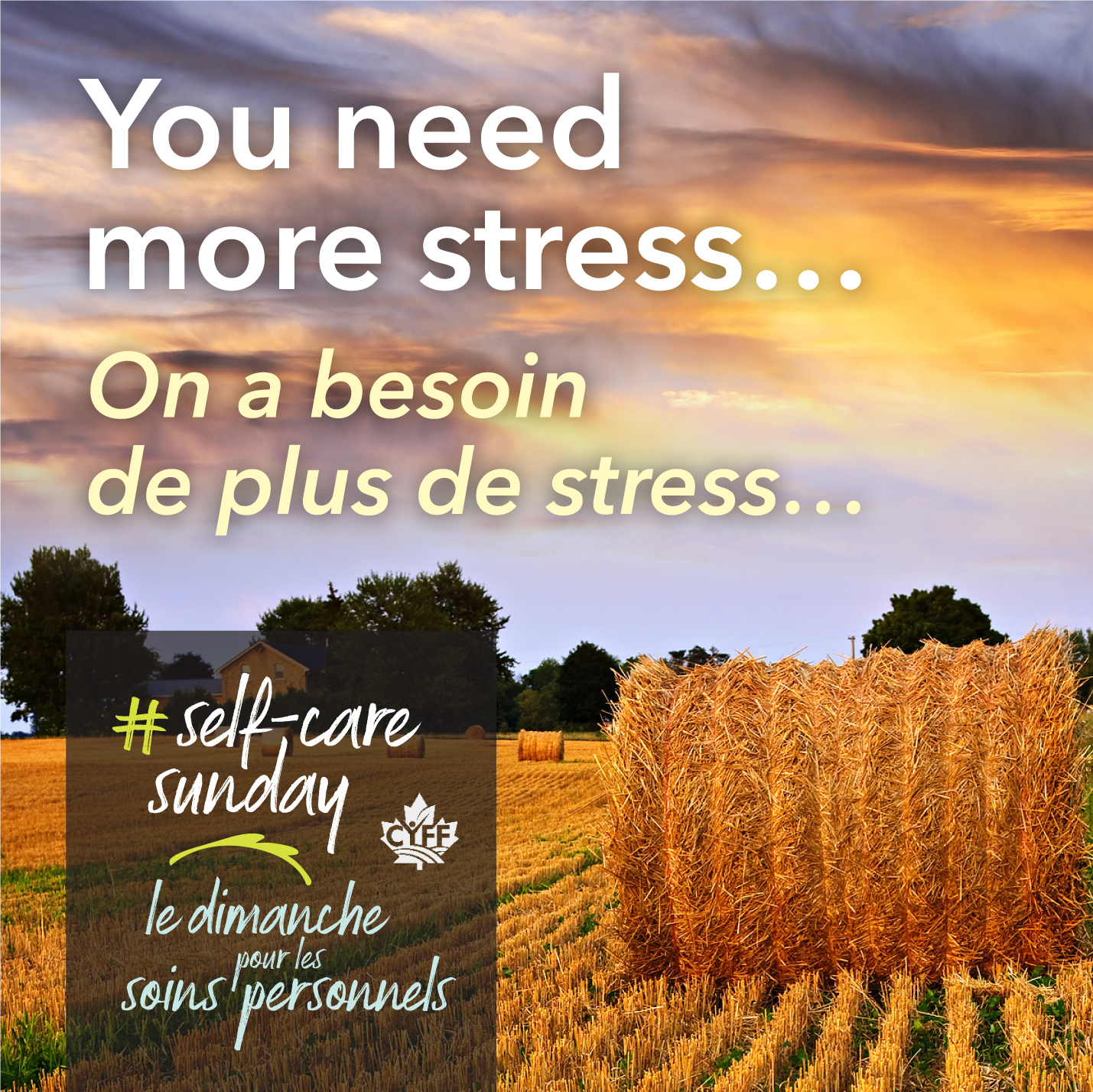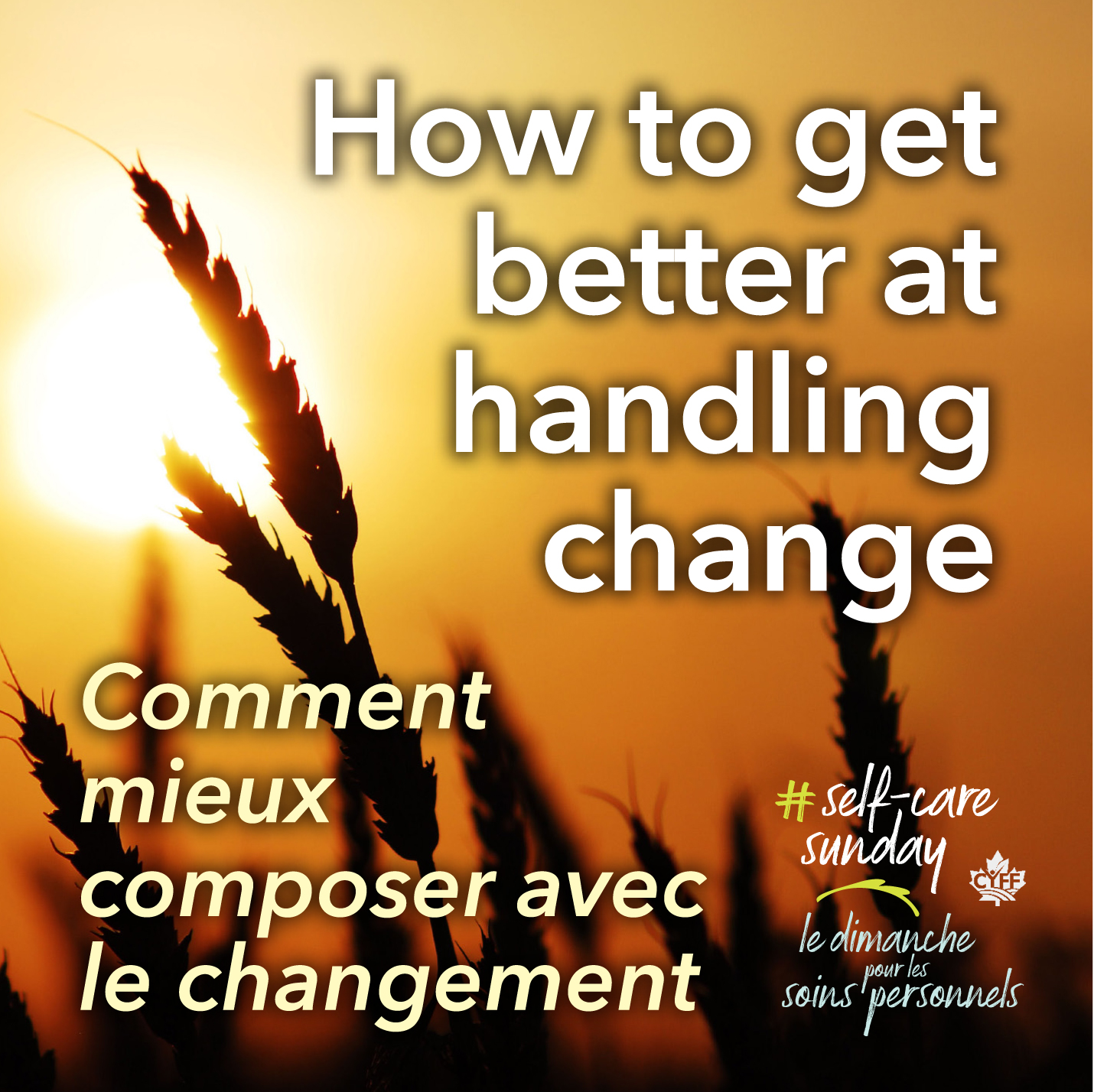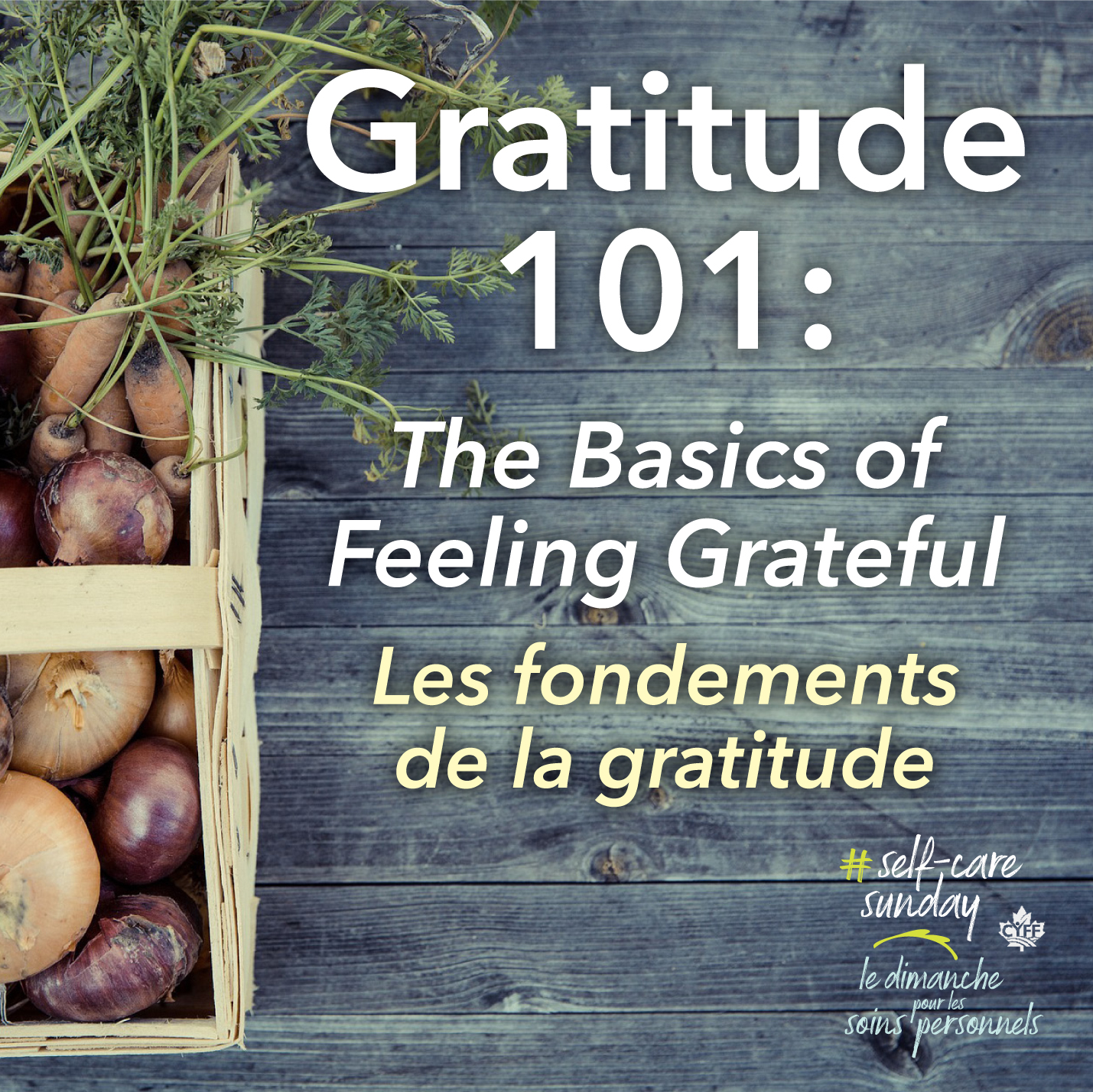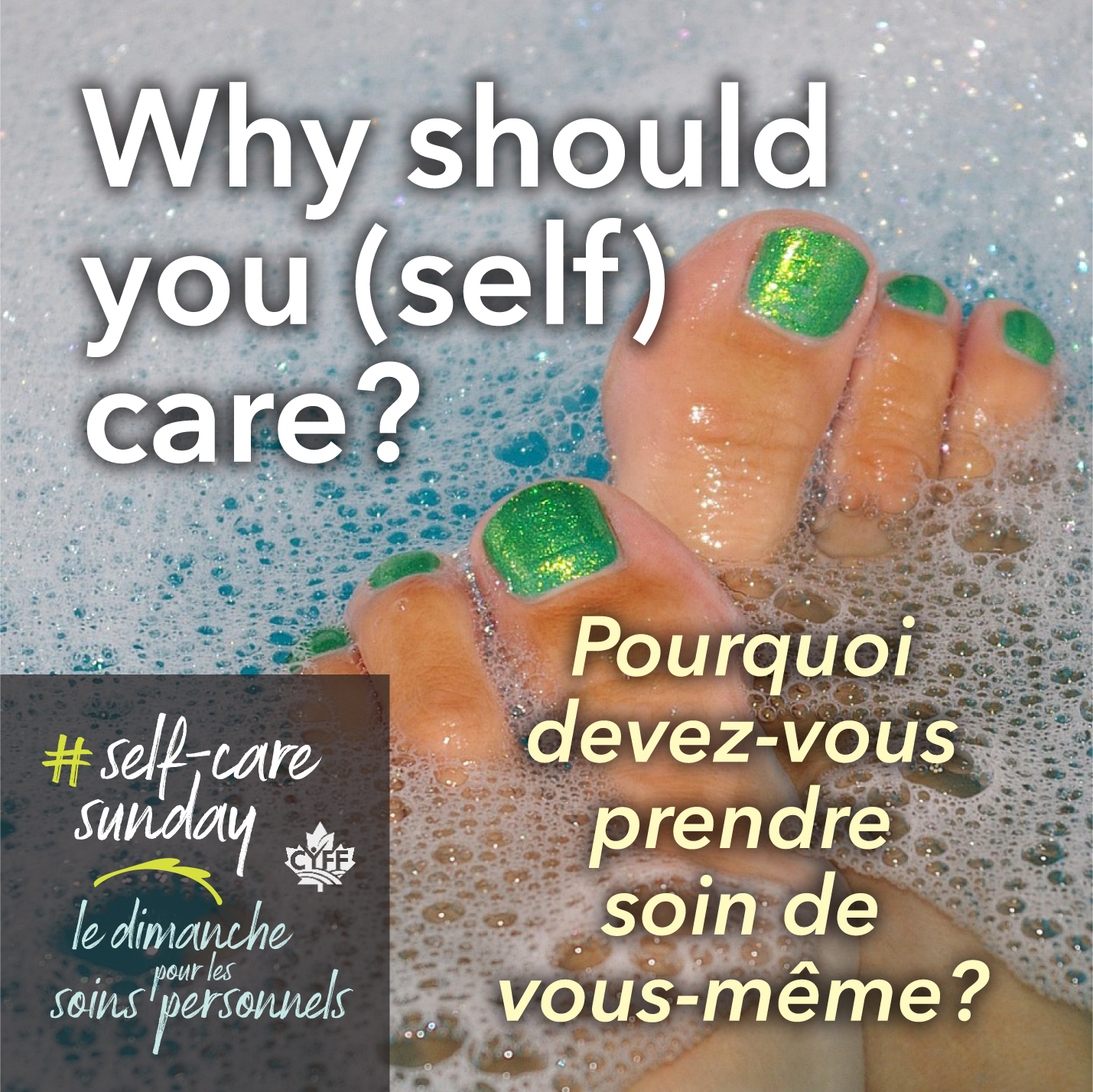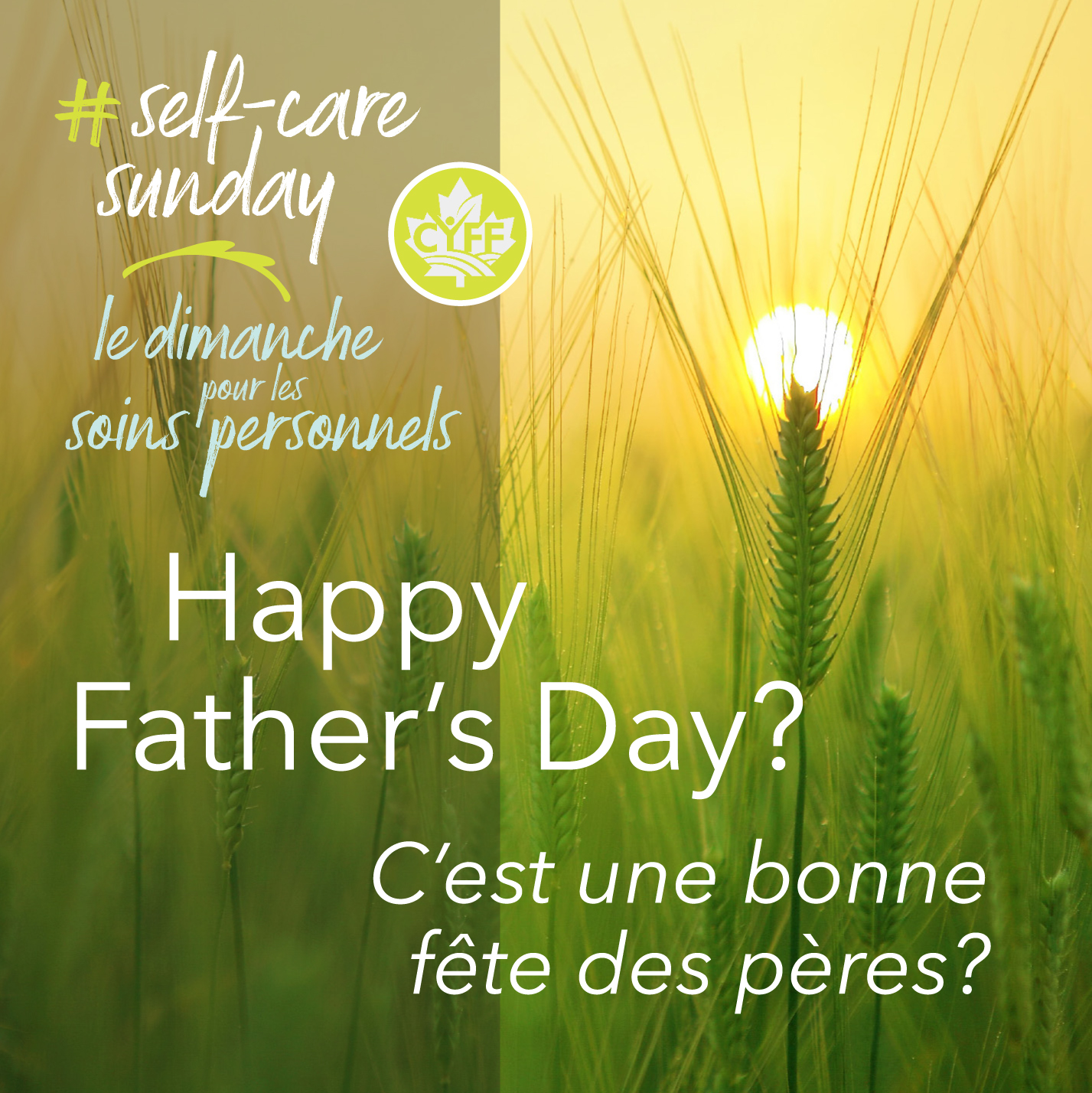
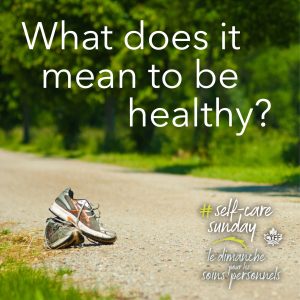
by Jess Campbell
There’s lots of talk about “health and fitness” and “being healthy” this time of year. But what does that actually mean? The answer may surprise you.
We’re steps into a new decade and the talk of “getting healthy for 2020” is running rampant, as it normally does this time of year.
Have you ever considered what it actually means to be healthy?
While there is no universally accepted definition of the word health, the World Health Organization defines it in the first point of their Constitution: ‘Health is a state of complete physical, mental and social well-being and not merely the absence of disease or infirmity.’
Does this definition resonate with you? Why, or why not? The meaning of health is and will be different for each individual person. But if there’s one thing that does apply to everyone, it’s that the absence of health can make or break you. Let’s consider a few aspects that will help you look at your own health, and determine what ‘healthy’ looks like for you.
YOU DO YOU.
You may raise cattle on your farm but that absolutely does not mean you need to adopt the herd mentality. At this time of year, it’s very easy to jump on the newest, shiniest bandwagon because everyone else is doing it (hello, Keto!). But do you actually want to stop eating carbs? Do you even understand why that’s a thing?
Aside from the fact that carbohydrates are an integral and very necessary component of one’s food intake, everyone is entitled to their own individual choices when it comes to food, let alone health. Whether it’s eating or exercise or being social or work or life – do what works for you. You’re way more likely to stick to something that works for you than something that works for your neighbour or some influencer on The Gram.
PROGRESS, NOT PERFECTION
Perfection is very much like the horizon: it recedes as you approach it and is never within one’s grasp. Simply put, perfection doesn’t exist. So why focus on something that isn’t real?
When it comes to your health, think about what you want and develop a way to get there. Our previous article talked about focusing on systems instead of goals. If you want to prioritize getting more and better sleep, think about what you’ll need to do to make that happen (i.e. going to bed earlier) and develop a system that helps you get there (i.e. heading into the bathroom to brush your teeth and get ready for bed at 9 PM instead of turning on your favourite streaming service).
Focusing on your progress also helps build resilience for when things don’t go as planned, as they inevitably will. Say you’ve had many nights of solid sleep because you’ve kept up your system of heading upstairs to bed at 9 each night. But then your neighbours drop in one night and you stay up socializing until well past midnight. That’s okay; go be social! You’re now able to trust your system – and yourself – and you’ll get back to your regularly scheduled bedtime the following night.
SMALL CHANGES = BIG RESULTS
This time of year also lends itself to encouraging people to completely overhaul their lives to achieve their goals. There are two main things wrong with this approach. First and most obviously, it is goal oriented instead of process oriented (and we already know that focusing on the goal instead of the process isn’t exactly helpful).
Secondly, in order to make big changes, you actually need to start small. Say you want to eat more vegetables. If you try to change every single meal to include more vegetables, the chances of you keeping that up are pretty much zero. What you want to do is focus on changing one meal instead, and focus on adding veggies just to that meal for at least 30 days, if not longer. You’re building a habit, a process of adding veggies to that meal and you need to give yourself time to solidify that habit. Once you’re feeling good about that habit (i.e. you don’t even have to think about adding half a plate of veggies to your dinner), that’s when you know you can move on to adding veggies to another meal.
Change one thing at a time, your chance of success is 80% or more. Change two things at a time, your chance of success drops to 35%. Change three or more things at once – aka, try to overhaul your life like all the gurus are telling you to do – and your chance of success drops to 0%. Moral of the change-your-life story? Take it one step at a time.
FOCUS ON THE FEELS
What does good health feel like for you? Consider for a moment how you want to feel each day when it comes to your physical, mental and social well-being. Do you feel lonely if you don’t socialize more than once a week, or are you energized by alone time? Have you been putting off travel plans because you can’t get away from the farm or because travelling is outside your comfort zone? Do the relationships in your life give you joy or make you feel guilty?
This is your life. No one else can tell you what’s healthy for you and what’s not healthy. Sure, there are the obvious things like smoking, drinking heavily, and unresolved anger that everyone could do without. But when it comes to your health, it’s totally up to you how you decide you want to feel each day when you wake up.
You already have everything you need to make the changes you want to make when it comes to your health. Define what that means for you and get after it if it’s not already happening for you. Always remember: you are worthy and deserving of strong, robust mental, physical and social health. No matter what time of year it is.
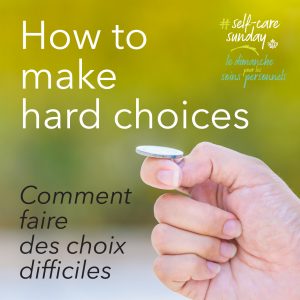
by Jess Campbell
It’s much less about making a Pro/Con list and much more about knowing the kind of person you want to be.
As farmers, we are constantly faced with hard choices. They come in big scenarios, like whether to continue treating a sick animal or ending their suffering, or small scenarios, like whether to have a balanced breakfast or a donut with your coffee.
Coming to a decision between different options isn’t necessarily fun or easy, and yet we are all forced to do it. But that decision point will often plague us with the inevitable question: Did I do the right thing???
Some have an easier time making hard choices than others, and that’s okay. If you’re in the camp of wanting to make hard choices a bit easier (or at least, have an answer to that plaguing question), it’s time to take a closer look at who you are as a human being than making yet another Pro/Con list.
WHY HARD CHOICES ARE HARD
Hard choices are hard in the first place because there isn’t a clear choice between the options in front of you.
Say you’re trying to decide whether to stay in the family farm business or strike out on your own. Staying in the family business is what you know; you grew up on the farm, you work with your family but there is little room for you to grow and you aren’t often given the chance to voice your opinion on how the farm moves forward. Leaving and starting your own farm seems like an uphill battle entirely – but it would be yours entirely.
Neither choice sticks out as being clearly better than the other and, ultimately, is why people stay where they are in life instead of moving forward. Then again, you don’t really want all your life choices to be equal and easy. If choices were like that, all you’d ever need to do would be to play Rock Paper Scissors Lizard Spock and be done with it. How boring would that be?!
So, if each option of a difficult choice isn’t better than the other and you can’t/don’t want to just flip a coin – how do you actually go about making hard choices?
IT’S ACTUALLY ALL ABOUT YOU
Easy decisions are easy because there’s an option that exists which is clearly better than the alternatives. Hard decisions don’t have that, hence what makes them so hard. When faced with a hard decision, you can’t actually choose one or the other because you’re basing your decision on which choice is The Best – and that doesn’t exist.
It’s important to remember that each option isn’t better, worse or equal to each other but that they exist within the same neighbourhood. There are factors of each option that differentiate them, but not enough to determine one being better than the rest. Also, it still matters very much whether you decide, for example, to stay on the farm or strike out on your own. But again, it’s why hard decisions are so hard; there’s no clear winner.
To make a hard decision, you must turn to your intrinsic human ability to create reasons. Reasons allow you to look at hard choices, understand there’s no clear right or wrong answer and choose the option that truly reflects what you stand for and who you are.
Making a hard choice means recognizing that there is no best option; that the choice you make is based on reasons created BY you, not dictated TO you. You’re putting agency and purpose behind the decision.
The alternative to making hard decisions is to not make them at all. Those who choose not to put agency behind their decisions often drift along, allowing reward and punishment to determine how they decide things and what they do. They make choices based out of fear and acknowledgment, not based on what they actually want for themselves or what they stand for.
There’s no denying that hard decisions are, well – hard. But instead of focusing on how hard they are, perhaps recognize hard decisions as a chance to exert your human power of reason. There is a clear opportunity that exists in making hard choices: the chance to reflect on who you are, what you stand for and the type of person you want to become, and then to actually become that person.
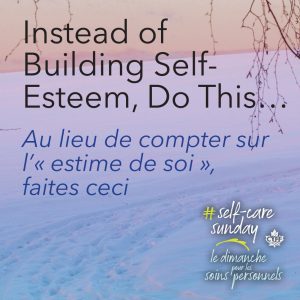
by Jess Campbell
You are enough – but do you believe it? Here’s how to start.
It’s fair to say that we want to feel good about ourselves. Having a positive perspective about who you are and what you do makes it easier to overcome the challenges of life and contribute to the world in a positive way.
But we all know that feeling enough – that we don’t need to do or be better in order to be worthy and valued – is not easy. In fact, it can be downright fleeting.
Self-esteem can help in discovering this elusive feeling of enoughness, but can also be very problematic (contrary to what you may have heard up until now). It’s actually self-compassion that is better suited to developing a long-standing, genuine feeling of being enough, just as you are.
SHIFTING THE FOCUS
We often hear how important it is to have good self-esteem as well as the importance of being compassionate toward others. But here’s the thing: self-esteem is contingent on success and how we compare to others. It’s about judgement. It can also be (and very often is) about putting others down to lift yourself up. For example, if you don’t adhere to the standards placed on you by the farmers who preceded you or work with you now, it’s fair to assume you feel like a failure or that you otherwise don’t (and could never) measure up when, in reality, you’re a great farmer. Therein lies the issue of self-esteem.
Dr. Kristin Neff is a leading researcher on self-esteem and self-compassion, and helps people to develop and see the benefits of having more self-compassion. According to Neff, the difference between self-esteem and self-compassion involves treating ourselves with kindness and respect, and recognizing that you are awesome, just as you are, flaws and all.
Neff’s research has shown that self-compassion is more beneficial than self-esteem because it generates emotional resilience, more caring relationship behaviour and less narcissism and reactive anger. Sounds good, doesn’t it?
COMPASSION FOR ALL… INCLUDING YOU
So, how do you begin to cultivate more self-compassion? It can be difficult to know where to begin, especially if you happen to have a particularly harsh and loud self-critic. Neff’s research outlines three pillars of self-compassion: kindness, common humanity and mindfulness.
Let’s start with kindness. If you’re having the worst possible day, one where absolutely nothing is going your way – what do you say to yourself? Does your inner critic have a field day? Instead of letting that negative voice run wild in your mind, think of what you’d say to a friend who was having the exact same kind of day. Chances are, you wouldn’t tell them they’re an idiot and not worth anyone’s time.
Understanding the common humanity element of self-compassion means that no matter how it looks on social media, no one is perfect. You might feel like you’re the very worst farmer in the world – but there are also loads of other farmers who feel the exact same way as you do. Everything you feel – good and not so – is part of the experience of being human. You’re not alone and understanding that is key.
As we know, mindfulness is about recognizing the present circumstances and accepting them as they are. Mindfulness allows you to avoid ruminating on negative thoughts and emotions and, instead, begin to quiet the inner critic and recognize opportunities to learn and grow as a human being.
According to Neff, self-compassion is very strongly correlated with mental well-being based on the numerous studies that have been conducted over the past several years. Instead of trying to one-up your neighbour or feel better about yourself at someone else’s expense, make self-compassion the top priority so that you can finally believe that yes, you are enough.


